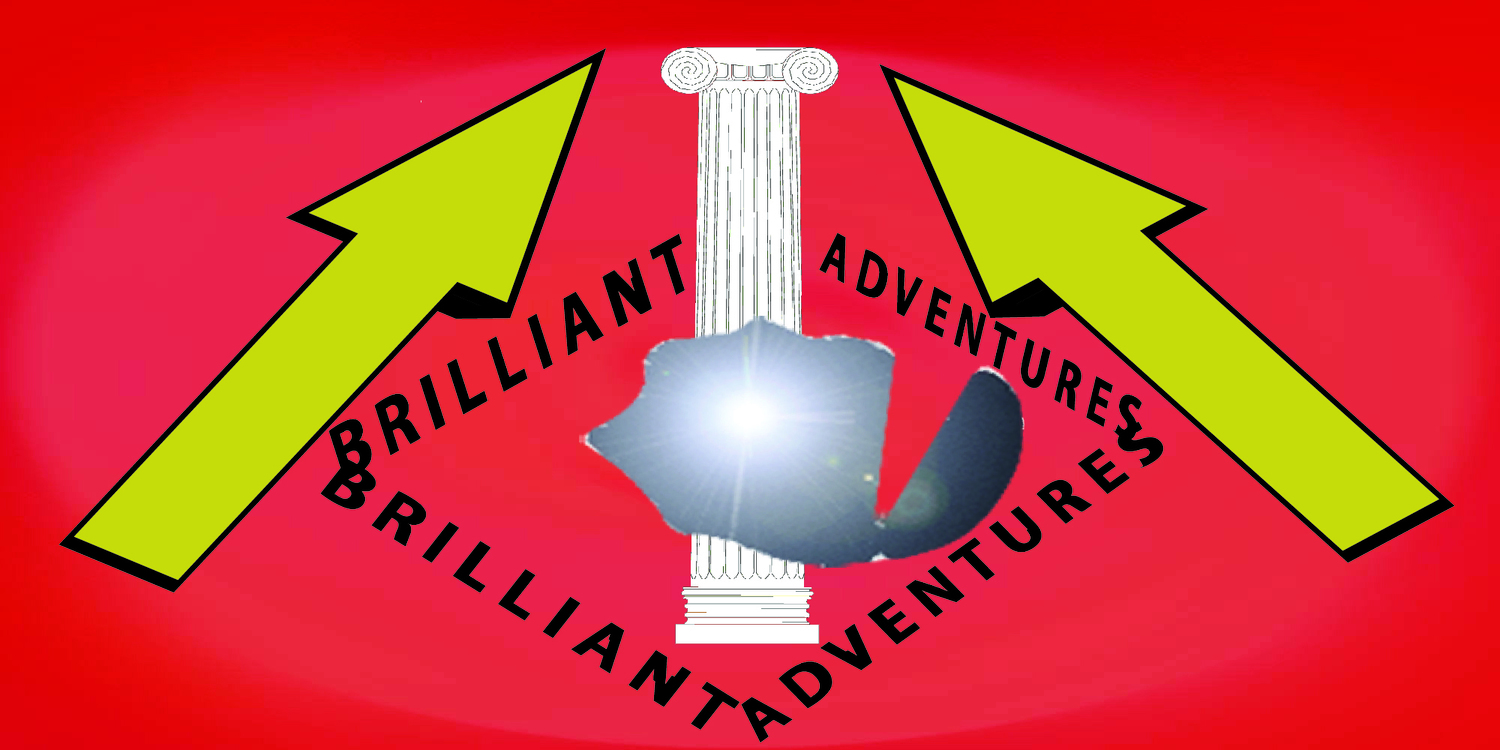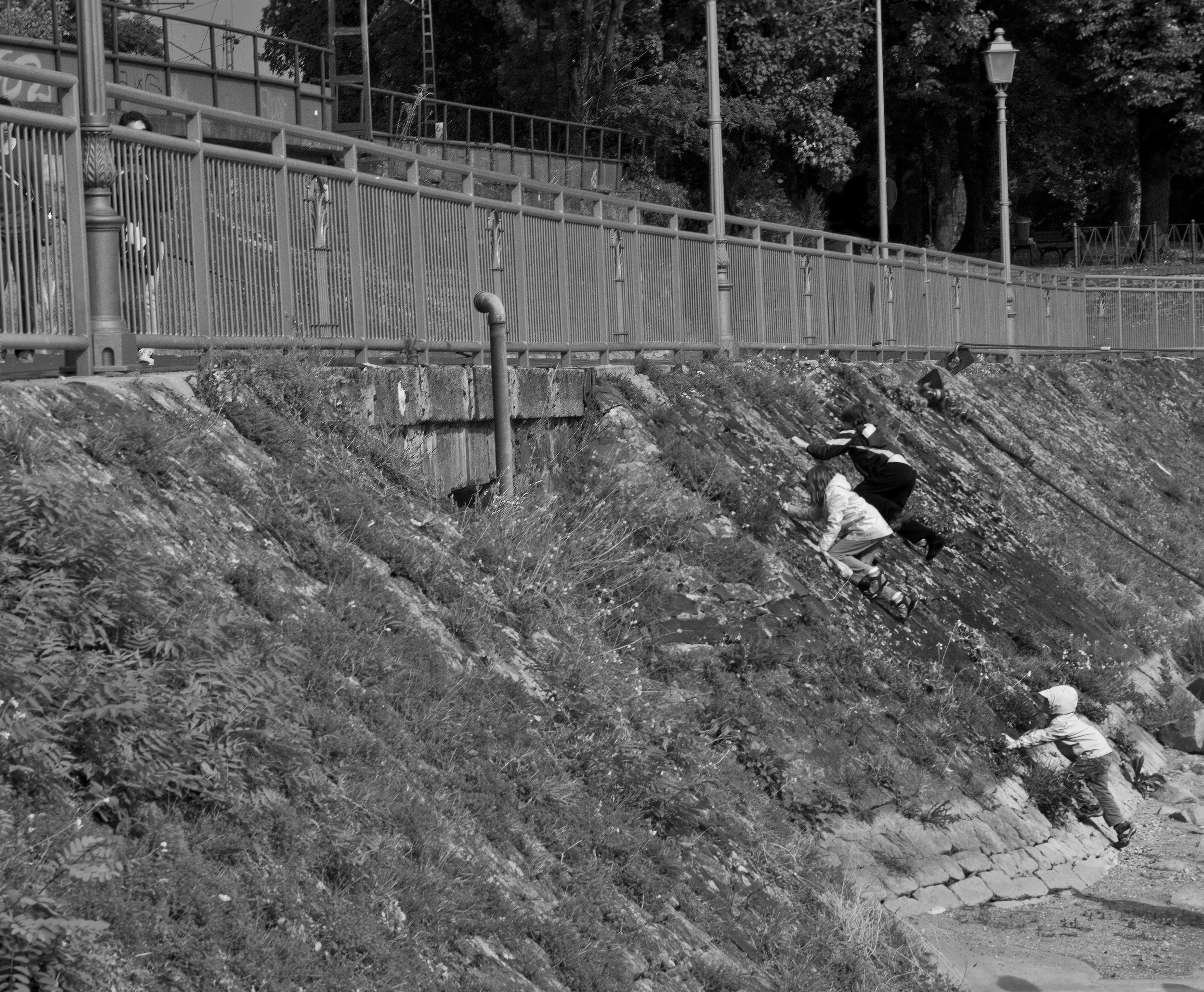Make of yourself a doubly sheltered being,
So no one who looks or tries to see may
Know more than the garden that you are-
A garden private and ostensible,
Behind which common flowers lightly touch
The grass so spare not even you can spot it…
Advice (Fernando Pessoa)
Is cinema a private or communal experience? For thinking back on a year’s film going the answer seems resoundingly former. And yet perhaps it’s more akin to yoga where we may be with the many and, though mindful of the whole, it is our own breath we must seek. By its nature that isn’t a passive act. Seeming somewhat pretentious to start with all this but what really is germane to the film going experience? At its worse, film manipulates us so that we no longer have any sense of our own mind or breathe. Like music, film is the space between the notes not necessarily the notes themselves. Is all that a long winded way of saying film is therapy? What was everyone really thinking when they exited Alfonso Cuaron’s very slender Gravity with such exhilaration? Interesting double-bill with Lois Patiño’s Coast of Death.
Ari Folman’s follow up to Waltz with Bashir (and most certainly not unrelated) is another animation, though this time with live action, The Congress (based on a 1971 Stanlislaw Lem short novel The Futurological Congress)- (Tarkovsky used Lem’s Solaris). A "psycho-chemical" where people can live out their fantasies (hello The Wolf of Wall Street and the not so distant past). In fact it was originally Polish director Andrzej Wadja’s idea to set the story in a giant hotel (as Folman does for the final half).
And though it’s a film of this year (initially playing in New York as part of the NY Jewish Film Festival) seeing the film last year had a profound effect on how one considered that year’s experiences. You are what you manifest in The Congress . "'We keep this civilization narcotized, for otherwise it could not endure itself. That is why its sleep must not be disturbed...' " Symington tells Tichy in Lem’s novel. Many humans have chosen to inhabit or rather imbibe a world of hedonism without pain. The film strides a territory that you just wish Spike Jonze (his first solo screenplay) had entered in Her, though arguably that film’s real life protagonist Theodore Twombly (Joaquin Phoenix) does gain greater self-knowledge through emotional pain. But does Samantha the voice-activated ‘OS1’ system (voiced by Scarlett Johansson) with which/whom Theodor falls in love get ‘emotionally smarter’? Or is that missing the point? The point that she never will have ‘real’ ‘emotions’ or ‘creativity’? “Isn’t that funny. The past is just stories we tell ourselves. I’m afraid I’ve felt everything I’m going to feel,” muses Samantha. As an aside, there must be an oddly mundanely brilliant award for the hidden human emotions of Andrew Bujalski’s Computer Chess (UK Masters of Cinema (Jan 20) let alone Shane Carruth’s Upstream Color.
The ‘system’ is an obvious protagonist in both Her and The Congress and yet so it was in most films last year. And at almost every turn (Fruitvale Station and Dirty Wars notable exceptions) it fails miserably either very loudly (as in The Hunger Games: Catching Fire) or ever so quietly. Or is that judgment of ‘failure’ too simplistic? One doesn’t expect every museum guard to be like Johann in Jem Cohen’s Museum Hours (UK site). He seems contented with his ‘lot’ in life - that contentedness if not happiness stemming from a belief in oneself and a fascination with individuals, art and nature rather than fueled by any external system. MoMA’s Our Town: Baltimore (a sort of mini-John Waters retrospective) appears even more contemporary now in an ever Conservatizing America. Worth remembering that Fellini’s prospects for Ginger and Fred were numbed when Ginger Rogers took out a law suit to have the film stopped. A more affectionate waltz than Fellini’s for those aging in show business would be hard to find.
One of the year’s most outstanding films anywhere was Joanna Hogg’s Exhibition: married couple, performance artist D (performance artist Viv Albertine) and architect H (conceptual artist Liam Gillick) live in a modernist house that never actually speaks rather whispers within the human silences dictating their behavior- “the house is the third character of this movie”- Hogg. And it’s hard to think of an American equivalent to Hogg’s parallel (though completely other) Antonioni universe. Matthew Porterfield’s I Used to Be Darker (though in and of itself) just doesn't quite come close.
Back in the 90s architects savored or devoured Deleuze’s new book Le Pli (The Fold):
the ‘superfold’ will be the result of three ‘future’ folds: the fold of molecular biology - or the discovery of the genetic code; the fold of silicon with carbon - or the emergence of third generation machines, cybernetics and information technology; and the folding of language - or the uncovering of a ‘strange language within language’, an atypical and asignifying form of expression that exists at the limits of language i.e. inside is nothing more than a fold of the outside, following from pre-Socratic Greek philosopher Protagoras’ book The Truth - "man is the measure of all things". But more of that later: All that is solid melts into air.
Is either character’s ‘love’ in Abdellatif Kechiche’s Blue is the Warmest Colour (Criterion DVD-Feb 10) (UK DVD March 17) influenced by society or is it simply a story of youthful amour?
Actresses complain about treatment on set
The end with Adèle leaving Emma’s triumphant art gallery private view surely is ambiguous rather than ill fated. Just as the Marivaux novel -so-called unfinished La Vie de Marianne- ends maybe deliberately so in a snub to Descartes. Is Adèle’s older female lover indicative of a society that at one and the same time represents progressive difference and yet falls for the same old trap of conformity? The same ethos Kechiche showed in The Secret of the Grain (2007) – failure is not really an idea let alone a word against the system.
One wishes to have sat through all of the Film Society Lincoln Center’s The Discreet Charm of George Cukor retrospective. What was the director’s real attitude toward women? We can tell from his movies that women come across as the savior of the human species rather than its demise. While the ending of A Life of Her Own shows how studio demands for a happy ending can inadvertently make for a better picture (Cukor wanted to end with the model’s suicide). But is Keeper of the Flame quite as clear cut then as most would deem it to be in the light of Jonah Goldberg’s book Liberal Fascism?
Also in the retrospective was Cukor’s Justine that had a rare airing last year in MoMA’s To Save and Protect. Cukor didn’t have much to say about the whole enterprise (taking over the last minute reins from Joseph Strick) but it remains a fascinating and by no means ill-fated endeavor. And of course redolent with the rage a half century later in The Square. Young girls like Wadjda aren’t just a modern invention.(UK DVD Soda Pictures -Jan 20). Interview with the director Haifaa Al Mansou.
Jerry White’s review of Ida (New York Jewish Film Festival) (London Film Festival) in Cinemascope argues the following:
The freedom that Anna/Ida finds and Wanda could never reconcile herself to is grounded in a Western conception of individualism that, given both Pawlikowski’s chosen symbolic vehicle and the film’s sociopolitical context, strikes me as utterly wrong. In the first case, jazz was never just about the virtuosity of a single player: Coltrane’s greatest, most spiritually searching improvisations were unthinkable without the backing of McCoy Tyner and Jimmy Garrison. The film’s grasp of Polish Catholicism’s relationship to Judaism is similarly misguided: coming to grips with your nation’s relationship to its Jewish community basically by becoming more “true to yourself” is to substitute personal becoming for collective being. The same extends to Pawlikowski’s depiction of Anna/Ida’s life in the convent as intensely solitary: while this clearly serves the film’s ultimate thematic ends, it not only evinces a rather blind investment in the notion of the individual self as the alpha and the omega, so to speak, but it propagates a rather radical misunderstanding of what cloistered religious communities are all about (compare, say, Cristian Mungiu’s Beyond the Hills [2012]).
He cites Turkish director Nuri Bilge Ceylan as having “a much sadder and, ultimately, a more fully thought-through sense of the relationship between modernity and individualism”. Well, I’d agree with the Ceylan opinion. But isn’t the crux of Ida that young Anna/Ida (Agata Trzebuchowska) is old before her time and that Wanda remains the youngster who never grew out of socialist idealism? That the greatest leaps of faith are born out of an enormous personal search. It’s hard to feel a simplistic approach to Ida i.e. she’s initially disconnected from her family history and therefore a solitary nun, thence though Wanda she is reconnected, and thence back to the convent fold. Not that the Cinemascope review suggests that. And to say that most jazz musicians are ‘loners’ is not to suggest that they don’t grow through the communal experience. What makes them great musicians, though, is that very singularity. And surely that is what the film Ida is all about. Whatever ‘system’ we choose will always fail us in some respect because it was never set up for ‘us’ in the first place. It is a collective (though in many instances oligarchical) resource that grows in varying degrees through the singularity of its flock.
Whatever one thinks of its filmic virtues, The Jewish Cardinal is a fascinating airing of the real life story of Jean-Marie Lustiger including his removal of the Catholic Carmelite nun cross in Aushwitz. But you want provocative and essential education in how history gets re-configured then see Claude Lanzmann’s The Last of the Unjust (London Film Festival).
After all the violence and despair in Jia Zhangke’s A Touch of Sin (London Film Festival) is said and done the ending is almost absurdly blackly comical when the girl applies for a ‘normal’ job – ‘so you’re over that now’.




